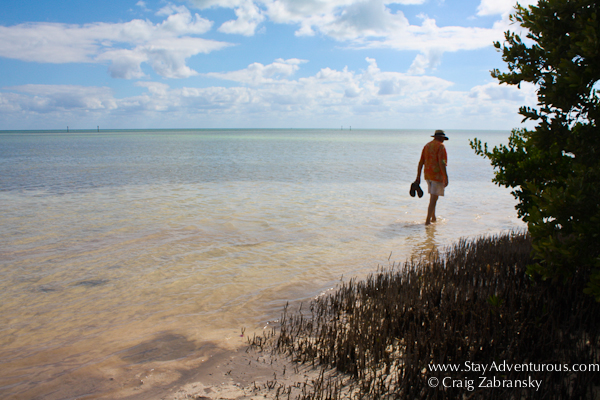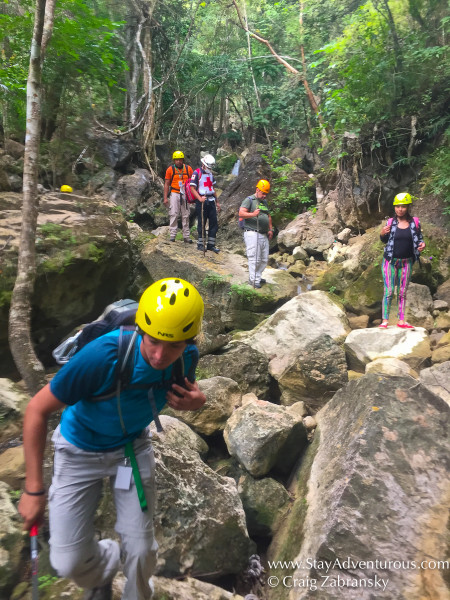Hiking is Nature’s Way to Help Improve Your Mental Health
Are you ready to improve your health on your next holiday? Going for a long walk can provide not only a physical workout, but a mental one, too. You might return feeling refreshed and reinvigorated. You might even develop new ideas, including novel solutions to problems that you’d been mulling over for hours.
If you’re hiking through natural surroundings, like a forest on a holiday trek through the Sierra Norte, a coastal trail, or even your local park, then you might find that the mental benefits are even more considerable. Let’s take a closer look at some of the key benefits of this form of exercise.
Benefits of Hiking for Mental Health
To begin with, hiking will reliably drive down your stress levels. Physical exercise will stimulate the production of feel-good hormones, called endorphins, which will naturally provide you with a high. This effect is at its most pronounced when the exercise is of a particular intensity.
For much the same reason, hiking can provide a powerful antidote to other mental health problems, like depression. If you’re struggling to cope with anxiety and winter blues, then spending time outdoors might be worthwhile.
Hiking can also help to improve your cognitive function and focus, especially if you’re not distracting yourself with a pair of headphones. On a long walk, your mind will have the freedom to wander, which is thought to play a role in preserving its functionality. Put simply, the human brain is built to take the occasional break from stimulation, and a good walk can provide exactly that kind of break.
Finally, if you have a group of friends or family members that you’d like to bring yourself closer to, hiking can be exactly the way to do it. A group of hikers might chat with one another, walk in step with one another, and thereby strengthen the social bonds between them
What does the science say?
So, what’s the evidence for all of this? There are a few studies worth looking at. But among the more persuasive are surveys of hikers. Natural England’s People and Nature Survey found that around 90% of English adults reported feeling happier while in nature.
Two-thirds of those surveyed reported that a coastal walk made them better able to deal with the stresses of everyday life – and those living by the coast also reported better quality of sleep after a walk.
Practical Tips for Incorporating Hiking into Your Routine
Just about everyone can get into hiking. All you need is the ability and the inclination to put one foot in front of another. A simple Google check might reveal amazing walks in your vicinity. Some of them might require a short drive to get to, but you might look to take daily walks around your vicinity, too.
It’s important that you have the equipment you need. There are always great hiking products available, but above everything else, having access to a quality pair of walking boots is critical. Men’s walking boots and women’s walking boots are different – make sure that you pick out a pair that fits snugly.
Getting the best from your hike means being able to manage risk. If you’re going somewhere challenging, make sure that you advise a friend or family member of your intentions. Take a whistle with you, and make sure that your phone is charged.
Hiking is an activity that’s best performed consistently. Make it a regular part of your routine by setting aside a day every weekend to do it. If you have a social group that meets up for a hike every Sunday morning, then you might be more inclined to maintain the habit.
So whether a part of your weekly routine or even part of your next grand holiday, make hiking part of your life to help reduce stress and gain a more clear focused mental attitude.



















